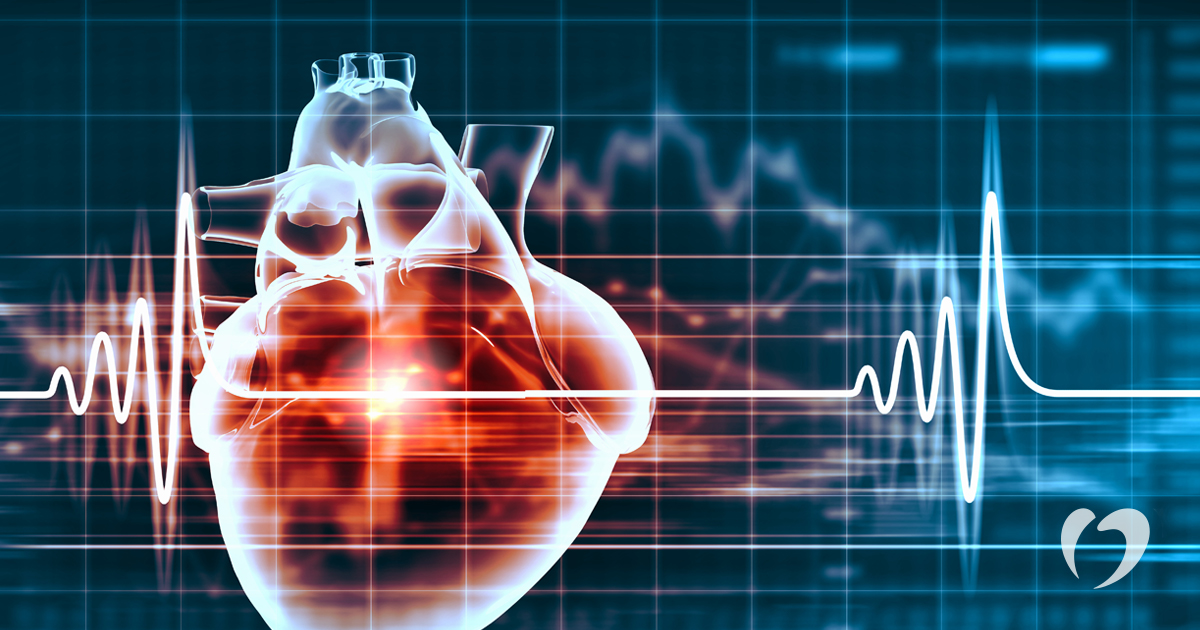Electrophysiology: Getting to the Heart of Your Arrhythmia

If you have symptoms of an abnormal heart rhythm where your heart feels like it’s beating too fast, too slow, or skipping beats, you will likely end up seeing an electrophysiologist and may undergo a test called an electrophysiology study.
What is electrophysiology?
Simply put, electrophysiology is the study of the flow of electricity in the body. That applies to a lot of different areas, but the area that’s most applicable for most people is the heart.
An electrophysiologist is a cardiologist who focuses on treating abnormal heart rhythms. They can use a variety of tests, from an EKG to an echocardiogram (ultrasound of the heart) to diagnose irregular heart rhythms.
In some cases, an electrophysiology study (sometimes called an EP study) may be needed to diagnose the issue. This diagnostic test involves some mild electrical stimulation of the heart while measuring the effects to figure out the best course of treatment for any underlying problems.
How does it work?
When you go in for an electrophysiology study, you’ll receive an IV sedative and a local anesthetic to numb the area. The doctor will insert a few thin catheter tubes and guide them through your blood vessels to your heart. The catheters will be used to both conduct and measure electrical signals in your heart.
You may feel your heartbeat change a few times through the course of the test and be asked to give feedback at times. The catheters will vary your heartbeat slightly and help the electrophysiologist figure out where the arrhythmias in your heart are originating through a process called cardiac mapping. Arrhythmias will be induced and terminated over the course of the study, which may take several hours.
At that point, it’s possible to figure out the best course of treatment, and your doctor will talk to you about the results of the study the same day. For some people, a catheter ablation might be appropriate, and that can often be done at the same time as the electrophysiology study. For others, medication or an implantable pacemaker or ICD may be needed.
After the study is finished, you’ll be monitored for a few hours before you go home. Most people can return to their normal activities the following day.
If you’re experiencing symptoms of an irregular heart rhythm, contact the Oklahoma Heart Hospital today to schedule an appointment with an electrophysiologist in our Heart Rhythm Institute.
